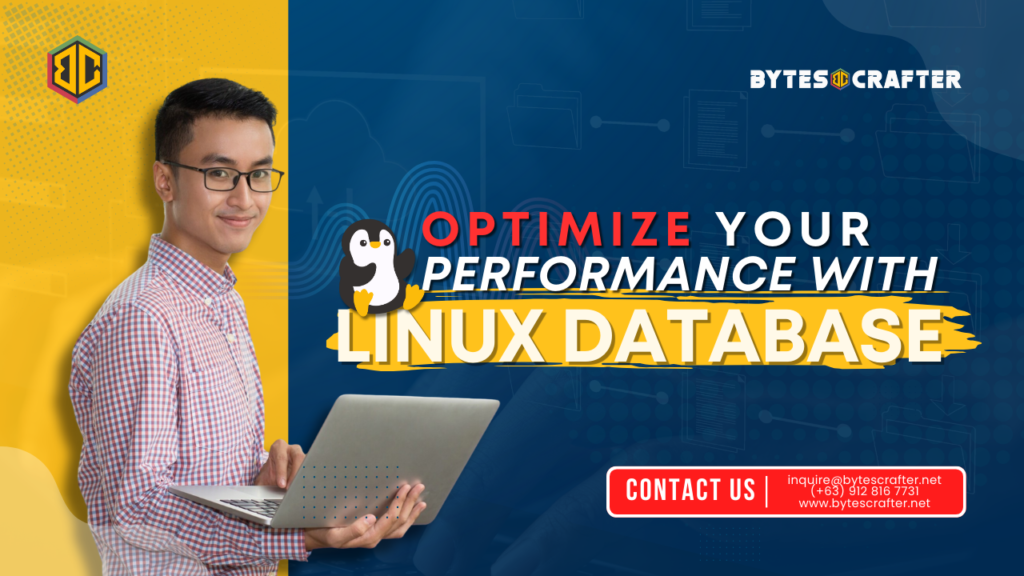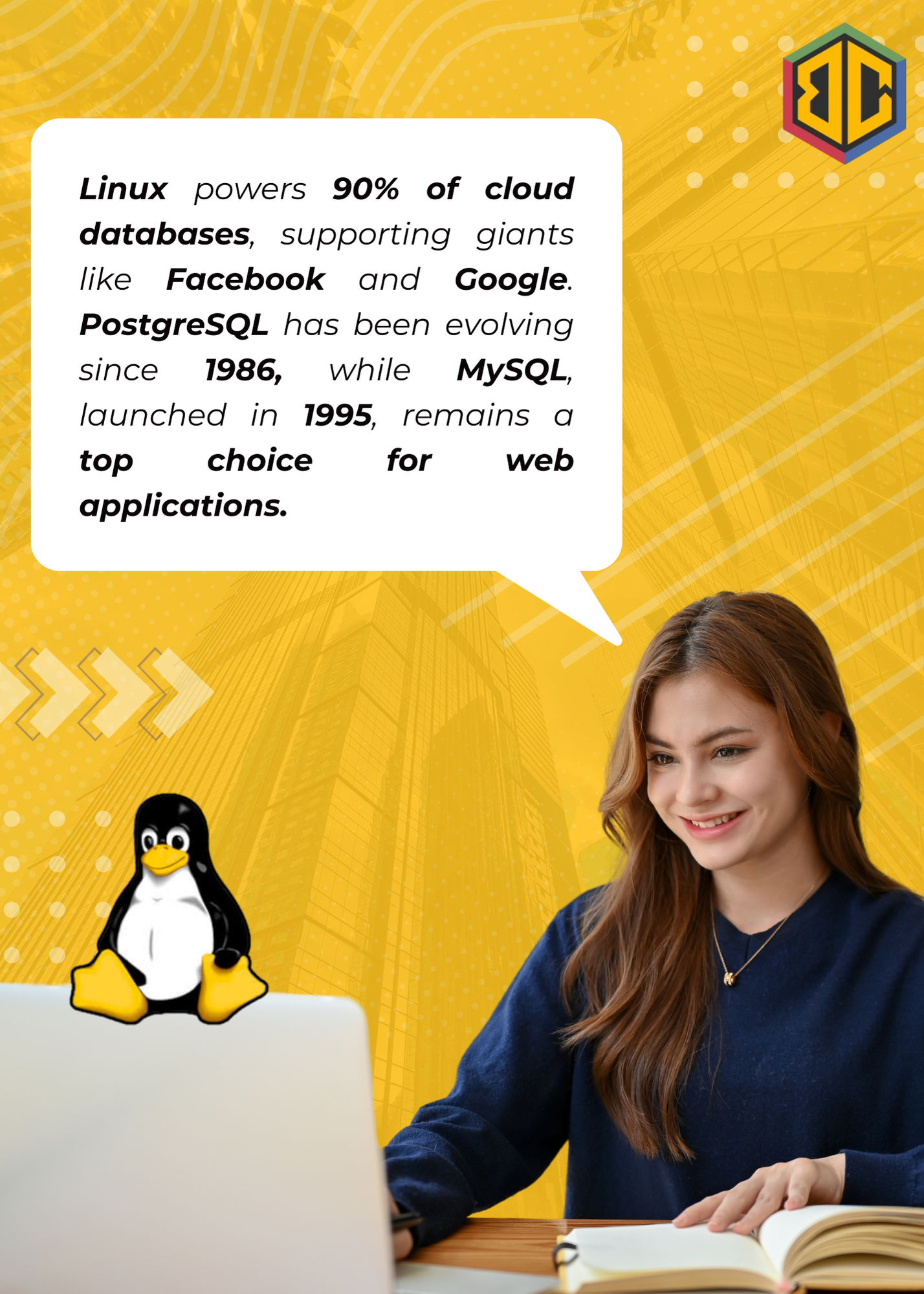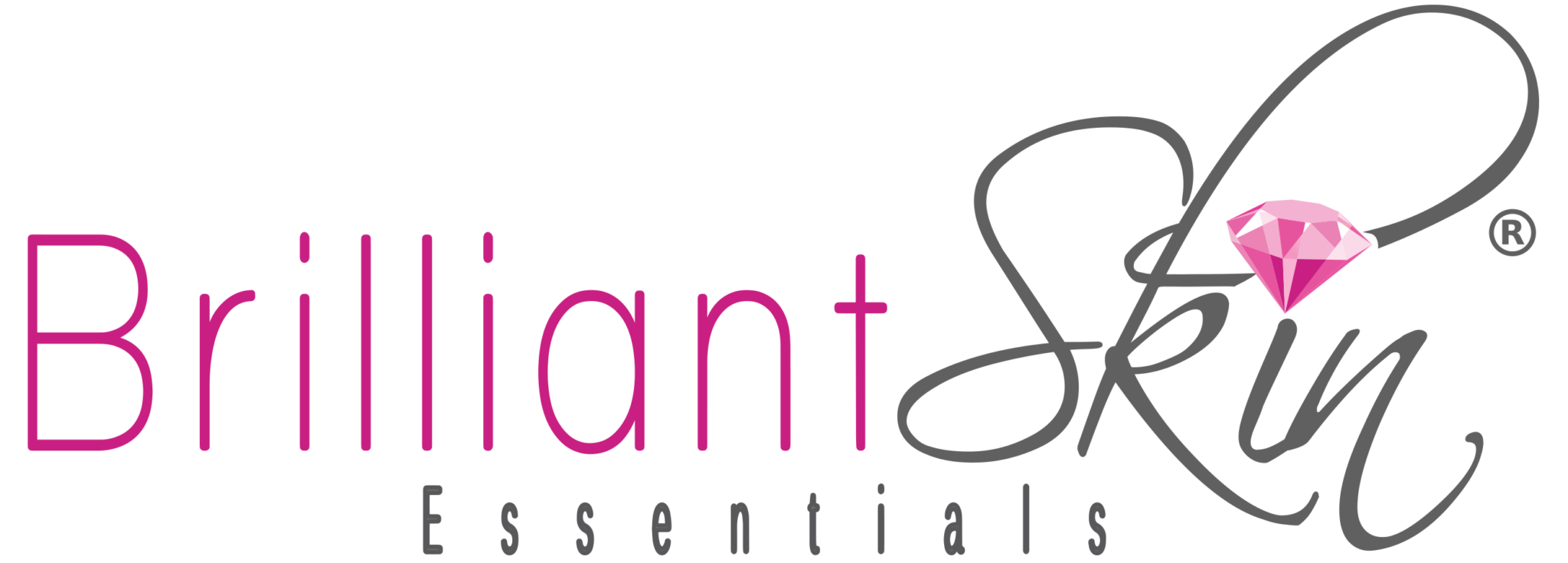Managing Databases in Linux
With BytesCrafter
Author: John Patrick Mah
Date: April 11, 2025

In the modern digital landscape, databases are the backbone of applications, managing vast amounts of structured and unstructured data. Linux has become the preferred operating system for hosting databases due to its stability, security, and efficiency. BytesCrafter’s Database in Linux solutions provide businesses with optimized, high-performance database management, ensuring seamless data storage, retrieval, and security.
What is Database in Linux?
In Linux, a database refers to a structured collection of data that is managed and stored using a Database Management System (DBMS), which runs on the Linux operating system. Popular open-source DBMS software commonly used on Linux includes MySQL, PostgreSQL, MariaDB, and SQLite. Databases on Linux are used in a wide range of applications, from web development and cloud services to enterprise resource planningand data analytics. The data is typically stored in files or directories on the filesystem, and access is controlled through user permissions and security configurations. Linux-based systems often utilize command-line tools and scripts for database administration, making them powerful and customizable for developers and system administrators.
Some of the most widely used databases on Linux include:
💡 Widely used Database on Linux
✅ DMySQL – Open-source relational database known for speed and reliability.
✅ PostgreSQL – An advanced, enterprise-grade database system with powerful features.
✅ MariaDB – MySQL fork, offering enhanced security and performance.
✅ MongoDB – NoSQL database for handling large-scale, unstructured data.
✅ SQLite – Lightweight, self-contained database used in embedded systems.
How it Works?
Databases in Linux function by utilizing database management systems (DBMS) that interact with the operating system to store, organize, and retrieve data. The process includes:

1. Installation & Configuration
Setting up a DBMS like MySQL or PostgreSQL on a Linux server.
2. Data Storage & Retrieval
Using SQL (for relational databases) or document-based queries (for NoSQL) to manage data.
3. User & Access Management
Implementing security measures such as role-based access and encryption.
4. Data Storage & Retrieval
Continuous Integration/Continuous Deployment (CI/CD) pipelines streamline software updates, allowing fast and efficient code deployment with minimal downtime.
5. Data Storage & Retrieval
Enhancing performance with indexing, caching, and clustering.
Why Businesses Need Database in Linux?
1. High Performance & Reliability
- Linux-based databases ensure stability and efficiency, even under high workloads.
2. Strong Security & Open-Source Flexibility
- With built-in security features and open-source flexibility, businesses can customize database management.
3. Cost Effectiveness
- Linux and open-source databases reduce licensing costs, making them ideal for businesses of all sizes.
4. Scalability & Cloud-Readiness
- Linux Databases seamlessly scale to accommodate business growth and integrate with cloud platforms.
💡 Real World Scenarios Where BytesCrafter's Database in Linux Makes a Difference
📌 FinTech & Banking - Secure and Reliable Transactions
- A financial institution relies on a Linux-based database to securely process millions of transactions daily. BytesCrafter’s solution ensures high availability, encryption, and compliance, preventing data breaches while maintaining fast, reliable operations.
📌 E-Commerce - Handling High Traffic & Orders
- An online retail business needs a database that scales with fluctuating demand, especially during sales events. With BytesCrafter’s optimized Linux database, they achieve fast product searches, real-time inventory updates, and seamless checkout experiences without downtime.
📌 Healthcare - Managing Patient Records & Compliance
- A hospital stores and manages sensitive patient records in a secure Linux database. Provides HIPAA-compliant encryption, backup automation, and quick data retrieval, ensuring reliable access for doctors while protecting patient confidentiality.
📌 Saas & Cloud Application - Scalable & Cost-Effective Data Storage
- A growing SaaS company needs a cost-efficient yet powerful database for its cloud applications. BytesCrafter’s Linux Solution integrates seamlessly with cloud providers, offering scalability, performance tuning, and reduced infrastructure costs.

What Our Clients Say?
“Migrating our database to Linux with BytesCrafter was the best decision! Our applications now run faster, with better security and no downtime. The transition was smooth, and we’ve saved significantly on costs.”

Cherlize Cuevas
I.T Support
Why You Should Choose BytesCrafter's Database in Linux Solutions?
With multiple integration providers available, what makes BytesCrafter the right choice?
✔ Expert Linux Database Deployment
- We handle setup, optimization, and security for your database
✔ Custom-Tailored Database Solutions
- Whether relational or NoSQL, we design solutions that fit your needs.
✔ High Availability & Performance Optimization
- Ensuring maximum uptime and fast queries.
✔ Enterprise-Grade Security & Compliance
- Secure access, encryption, and regular audits.
✔ 24/7 Support & Maintenance
- Continuous monitoring and proactive issue resolution.
Optimize Your Linux Database Management
with BytesCrafter
Our specialized approach to managing databases on Linux ensures optimal performance, robust security, and seamless scalability. We help businesses streamline their database operations while improving system reliability. Unlock the full potential of your Linux databases. Contact us today!

With BytesCrafter’s Database in Linux Solutions, businesses gain a Secure, Efficient, and Scalable Database Infrastructure
Unlocking the Full Potential of their Data.
- OUR CLIENT
Partnering for Success
Building strong and lasting partnerships with our clients is at the core of our business.
Together, we collaborate, innovate, and achieve remarkable success.
Follow us on social media for the latest HR tech trends and insights!

















No Comments